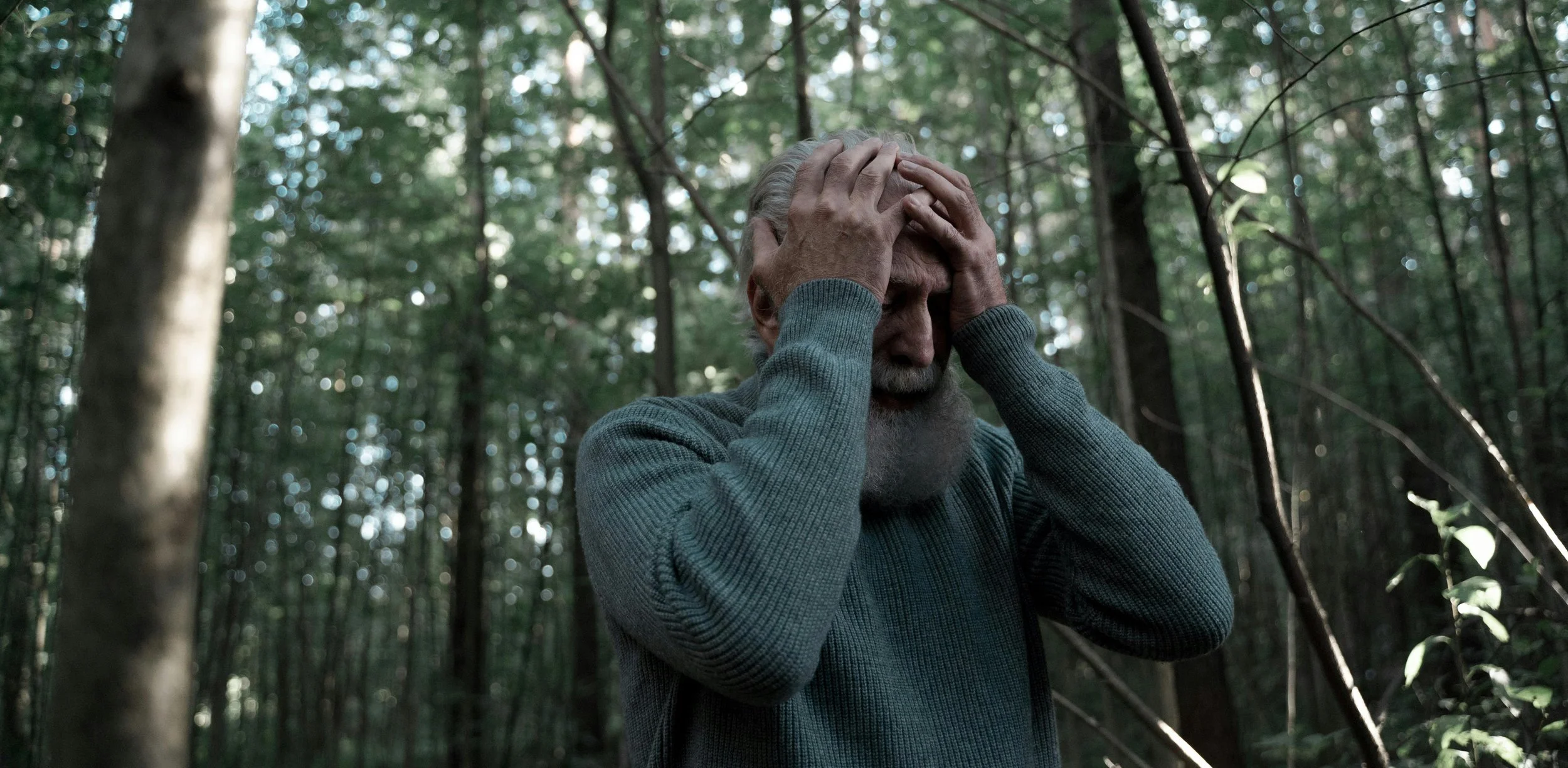Welcome to our blog!
This is a space for us to share our thoughts, rumble with big questions, and open up conversations that we feel are important for us all to be having. Here we’ll ruminate on a wide variety of topics, such as how to determine which type of therapy might be right for you, the differences between working with a therapist online versus in person, and the challenges of defining friendship. In line with our mission to make starting and engaging in therapy as simple and empowering as possible, our intention with our blog is to demystify therapy and make it more easily understood as a practice and an experience.
If there’s something you would like to hear more about then we’d love to hear from you, as we’re keen to ensure we address whatever feels most relevant to the people we work with now and in the future. Would you like to understand more about person-centered therapy and its founding father, Carl Rogers? Is there a part of psychodynamic theory that you’d like to see us rumble with? We do not consider ourselves experts on it all, but we are committed to growing our awareness and understanding alongside those we work with. Please feel free to comment or respond to any of our blog pieces and we will endeavour to get back to you soon.

Healing After Different Types of Loss - From Bereavement to Life Changes
When we think of grief, we often associate it with the death of a loved one. But grief can emerge in many forms - after a relationship ends, a career changes unexpectedly, or when health or identity shifts. Loss, in any of its shapes, touches something deep within us.

Grief vs. Depression: Understanding the Differences
Experiencing loss can stir up a wide range of emotions - sadness, emptiness, confusion, even numbness. These feelings are natural responses to grief, yet they can sometimes feel similar to depression. It’s understandable to wonder: how do I know if what I’m feeling is grief or depression?

The Different Stages of Grief - And Why Everyone’s Experience is Unique
Grief is one of the most profound human experiences - something that touches all of us at some point in life. Yet, despite being universal, grief never looks or feels the same for any two people.

What to Expect in Therapy for Trauma: A Step-by-Step Guide
Starting therapy can feel daunting at the best of times, and even more so if you’re considering it for trauma. Many people wonder: What will happen in the sessions? Will I have to relive everything that happened? How long will it take to feel better?
These are natural questions. Trauma therapy is not about rushing into painful memories, but about creating a safe, steady space where healing can begin at your own pace.

How Trauma Affects Daily Life and Relationships
Trauma is often thought of as something dramatic or obvious – a single life-changing event. But for many, trauma is more subtle and ongoing, and its effects don’t always stay neatly in the past. Even years later, it can shape the way we respond to stress, how we see ourselves, and how we connect with others.

Signs You Might Be Living with Unresolved Trauma
For many people, trauma is imagined as something that happened long ago - a past event that should have been “gotten over” by now. But in reality, trauma is not always neatly sealed away in memory. Sometimes, it quietly carries forward into the present, shaping the way we think, feel, and relate to others without us fully realising it.

What a Panic Attack Feels Like (And How Therapy Can Help)
It comes out of nowhere. Your chest tightens, your heart races, and suddenly it feels like you can't breathe. You might feel dizzy or detached, like you're not really in your own body. You may think you're having a heart attack - or even that you're dying.

Can Therapy Help with Social Anxiety?
You replay conversations in your head. You dread meetings or parties for days. You worry about saying the wrong thing, coming across badly, or simply being noticed at all. Social anxiety can feel like living under a spotlight - one you never asked for. Even everyday situations, like ordering coffee or joining a group chat, can leave you flushed, tense, or panicking inside.

High-Functioning Depression: What It Is and Why It’s Often Missed
From the outside, everything looks fine. You’re holding down a job. You keep your commitments. You’re getting through the day. People might even describe you as capable, upbeat, or reliable. But inside, something feels off. Life feels flat, hollow, or strangely distant.

Is It Burnout or Depression? How to Tell the Difference
You’re exhausted. It feels like you’re pushing through mud just to get through the day. Maybe you’ve lost interest in things you used to enjoy. Or perhaps you’re snapping at people around you, feeling emotionally distant, or struggling to concentrate. You might wonder: Am I just burnt out? Or is this something more - something like depression?

Anxiety and Depression: Why They Often Show Up Together
You feel on edge, constantly alert, as if your mind can’t switch off. At the same time, you feel low, flat, or emotionally drained. You might think: How can I be anxious and depressed at the same time? Aren’t they opposites? In reality, anxiety and depression often show up together.

Therapy That Understands Autism: What Does ‘Autism-Informed’ Really Mean?
If you’re autistic or wondering if you might be, seeking therapy can come with mixed emotions. You might want support with your mental health, relationships, or identity - but feel unsure whether a therapist will truly understand how your brain works or respect your way of being in the world.

Do I Have to Be Diagnosed to Explore Autism in Therapy?
For many people, beginning to wonder whether they might be autistic can feel like opening a door to a new way of understanding themselves. But almost immediately, that curiosity is met with a big, often unspoken question: “Do I need an official diagnosis to talk about this in therapy?”

You’re Not Lazy: Understanding Executive Dysfunction in ADHD
If you’ve ever sat frozen in front of a sink full of dishes, stared at a to-do list while feeling utterly overwhelmed, or found yourself paralysed by the simplest task - even when you want to get it done - you’re not alone.

What Adult ADHD Really Feels Like: 5 Common but Overlooked Signs
A relatable post that can help people feel seen and understood, especially if they’re undiagnosed or unsure whether ADHD applies to them.

How Therapy Can Help You Heal After a Major Life Event
Whether it’s a breakup, job loss, bereavement, or another significant change, major life events can leave you feeling lost, anxious, or emotionally overwhelmed. This blog explains how therapy can help you process change, rebuild confidence, and move forward with a healthier outlook and adaptability.

Are You Relying on Unhealthy Coping Mechanisms? Here’s What to Do
Turning to alcohol, food, overwork, or avoidance to cope with stress can be a red flag. This post looks at the signs of unhealthy coping strategies, why they develop, and how therapy can help you replace them with healthier ways to manage emotions.

Struggling in Your Relationships? Signs It’s Time for Therapy
Whether it’s tension with a partner, conflicts with family, or difficulty maintaining friendships, struggling relationships can be a sign of deeper emotional challenges. This blog explores how therapy can help you improve communication, set boundaries, and build healthier connections.

How to Stop Anxiety from Taking Over Your Life
Constant worry, overthinking, and a racing mind can make everyday life exhausting. This blog delves into the signs of anxiety, why it happens, and how therapy can help you regain control, manage anxious thoughts, and feel more at ease.

Is Your Low Mood Affecting Daily Life? When to Seek Help
Persistent sadness, irritability, or loss of interest in things you once enjoyed can signal deeper emotional struggles. This post discusses how changes in mood can impact work, relationships, and well-being - and how therapy can support you in feeling like yourself again.
